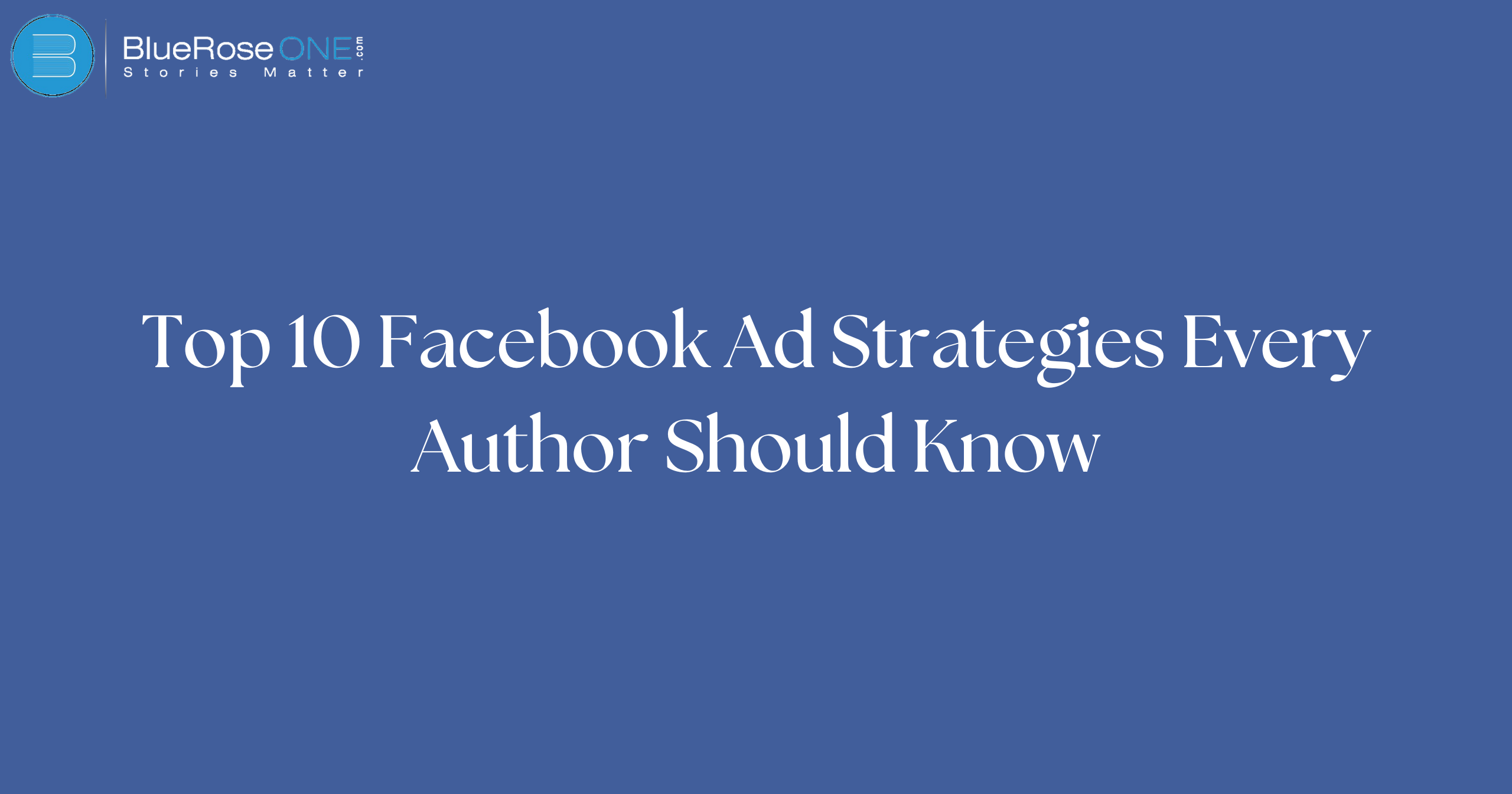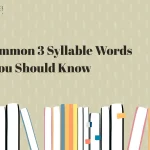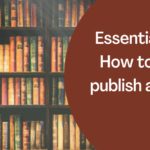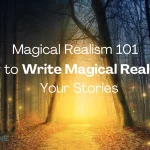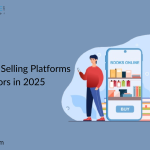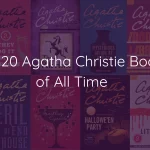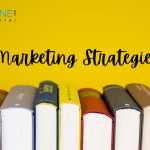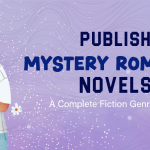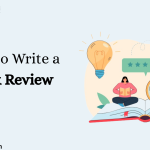Top 10 Facebook Ad Strategies Every Author Should Know
Why Facebook Ads Are Crucial for Authors
Expanding Your Reach Beyond Organic Posts
Targeting the Right Audience
You may also like: Character Descriptions 101: A Beginner’s Guide for Aspiring Writers
How to Create a Facebook Ad Account
Setting Up Your Business Manager
The first step in creating a Facebook Ad Account is to set up a Business Manager. This is Facebook’s free service for centrally managing your company’s assets, such as pages and ad accounts. Go to the business page on Facebook and select “Create Account.” Follow the instructions after entering your company name, email address, and other information. After everything is set up, you can link your ad account, assign roles, and add team members. This guarantees that your Facebook advertising efforts are managed securely and methodically.
Linking Your Author Page
Strategy 1: Define Your Goals Clearly
Selling Books vs. Building an Email List
Promoting Author Branding
You may also like: Print on Demand Vs Traditional Publishing: Which is Right for You?
Strategy 2: Use Engaging Visual Content
The Power of High-Quality Images and Videos
Tools for Designing Stunning Ads
Strategy 3: Leverage Facebook Pixel for Retargeting
What is Facebook Pixel?
Setting Up and Using Pixel for Book Campaigns
You may also like: Top Creative Nonfiction Books to Spark Your Imagination
Strategy 4: Target Your Ideal Readers
Using Interest-Based Targeting
Lookalike Audiences for More Reach
Strategy 5: Create Multiple Ad Variations
A/B Testing for Best Performance
Analyzing What Works
You may also like: What is Historical Fiction? Definition, Characteristics and Impact
Strategy 6: Focus on Copy That Converts
Writing Irresistible Headlines
Using a Call-to-Action (CTA)
Strategy 7: Take Advantage of Video Ads
Why Video Ads Work for Authors
Tips for Crafting Compelling Video Content
You may also read: What is Situational Irony? Definition, Examples and Tips for Writers
Strategy 8: Optimize Ad Budgets
Setting Realistic Daily Budgets
Scaling Ads Effectively
Strategy 9: Run Seasonal or Launch Campaigns
Timing Ads Around Book Releases
Leveraging Holidays and Special Events
You may also read: List of 10 Best Proofreading Softwares to Level Up Your Writing

